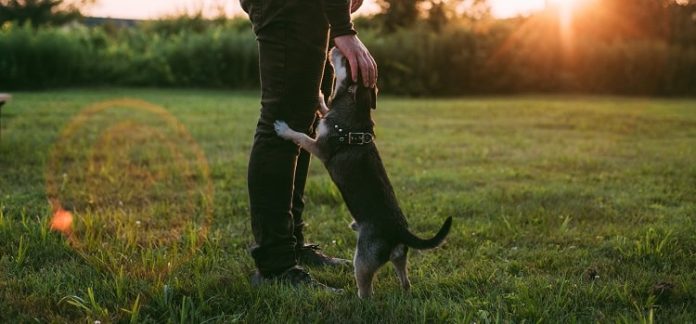
Do you find yourself often pausing to smile at dogs in the park or watching dog videos for a little mood boost? If yes, are you considering bringing one into your life? Then you’re embarking on a truly rewarding journey.
Adopting a dog is a decision that can bring immense joy and companionship into your home. However, it’s also a commitment that shouldn’t be taken lightly.
So, before you take the leap, it’s important to consider various factors to ensure your future furry companion can have the best start possible.
Let’s get started and learn what things to consider before getting your first dog.
1. Size Matters
When it comes to choosing your first dog, size really does matter. It’s not just about how big or small you want your pet to be; it’s about how well they’ll fit into your living space and lifestyle. Smaller spaces like apartments might be more suitable for smaller breeds, while larger homes with yards can accommodate bigger dogs.
But size affects more than just where your dog can comfortably live. It also plays a big role in their care and upkeep. So, if you live in a small house, smaller dogs, like the adorable Retro Pug, can be easier to manage in terms of both space and exercise. These pint-sized pooches are great for those living in smaller spaces or for people who might not be able to handle the physical demands of a larger dog.
2. Cost of Ownership
When you bring a dog into your life, it’s important to understand that it’s not just about giving them love and attention. Instead, it’s also about providing for their needs, and this comes with a price tag.
First, there’s the food. Depending on the breed of your dog, the cost of food can vary. Bigger dogs like German Shepherd will eat more, and if your dog requires special dietary food, this can add to the expense. Then, there are vet visits. Regular check-ups, vaccinations, and unexpected health issues mean that vet bills can quickly add up.
And don’t forget the other essentials like a bed, leash, toys, grooming supplies, and possibly dog training classes. These might seem like one-time costs, but toys need replacing, and grooming is ongoing.
3. Allergies and Sensitivities
Many people don’t realize they’re allergic to dogs until they have one around all the time. These allergies can come from a dog’s fur, dander, saliva, or even urine. If you or someone in your home has allergies, or if you’re not sure, it’s a good idea to spend time around dogs before making a decision.
If allergies are a concern, you might want to look into hypoallergenic dog breeds. These dogs usually shed less fur and dander, which are common triggers for allergy symptoms. Breeds like Poodles, Bichon Frises, and certain terriers are often recommended for allergy sufferers.
Remember, every person’s allergies are different, so it’s important to spend time with a breed before bringing one into your home.
4. Temperament and Behavior
Just like people, every dog has its own unique character. Some are playful and energetic, while others are calm and laid-back. Therefore, understanding a dog’s temperament is crucial for ensuring a balanced match with your family’s lifestyle.
If you have children, choosing a dog with a patient and gentle nature is vital. Dogs known for their friendly disposition, like Labradors or Golden Retrievers, are often recommended for families with little ones.
Similarly, if you already have other pets, considering how a new dog will fit into this dynamic is essential. Some dogs are more sociable and can easily adapt to living with other animals, while others might prefer being the only pet. So, it’s important to look for breeds known for their ability to get along with other dogs or even cats.
5. Time Commitment and Lifestyle Impact
Dogs thrive on companionship, playtime, training, and sometimes, even just sitting beside you. So, before adopting one, ask yourself, how many hours a day can you dedicate to your dog? This goes beyond just feeding and walking them.
Equally important is understanding how a dog will fit into your current lifestyle and future plans. Do you enjoy spontaneous weekend getaways or often stay late at work? If so, you’ll need to consider how these habits will be impacted by a dog.
